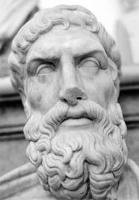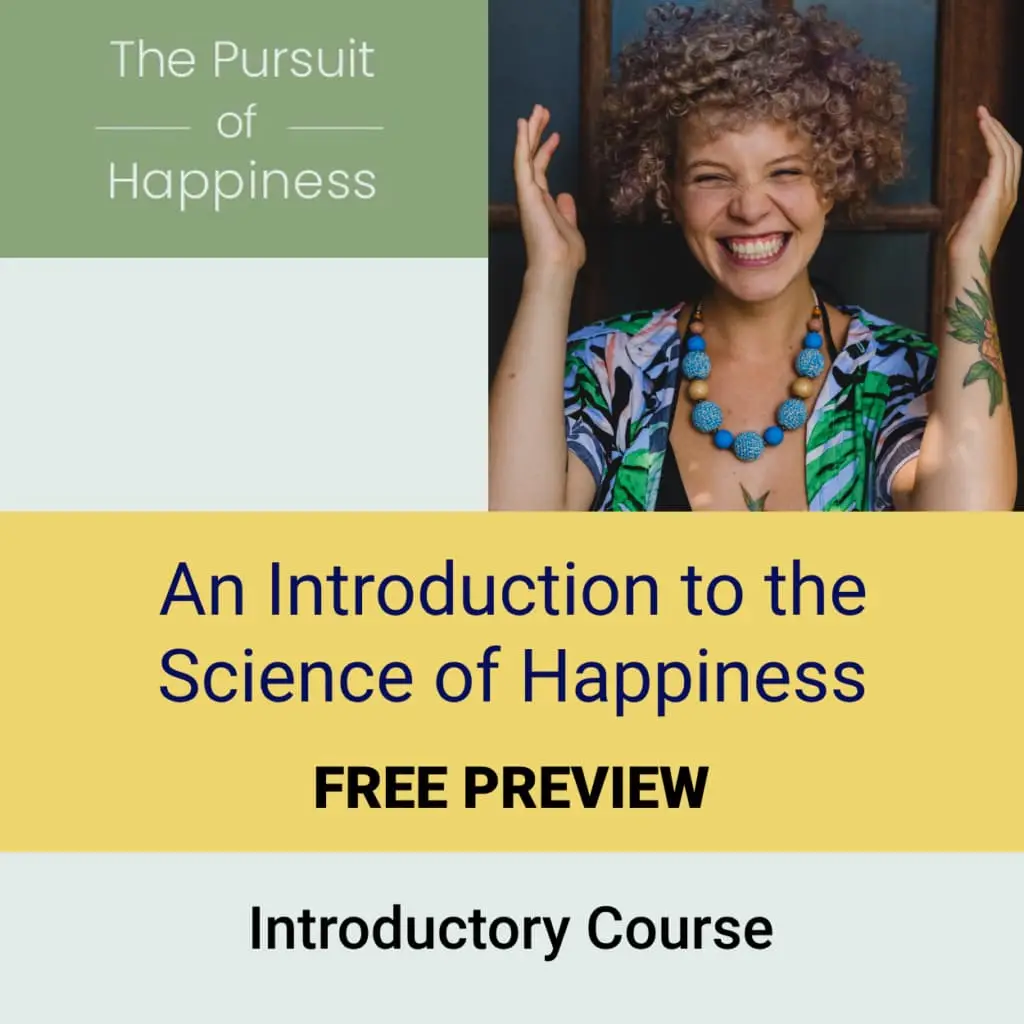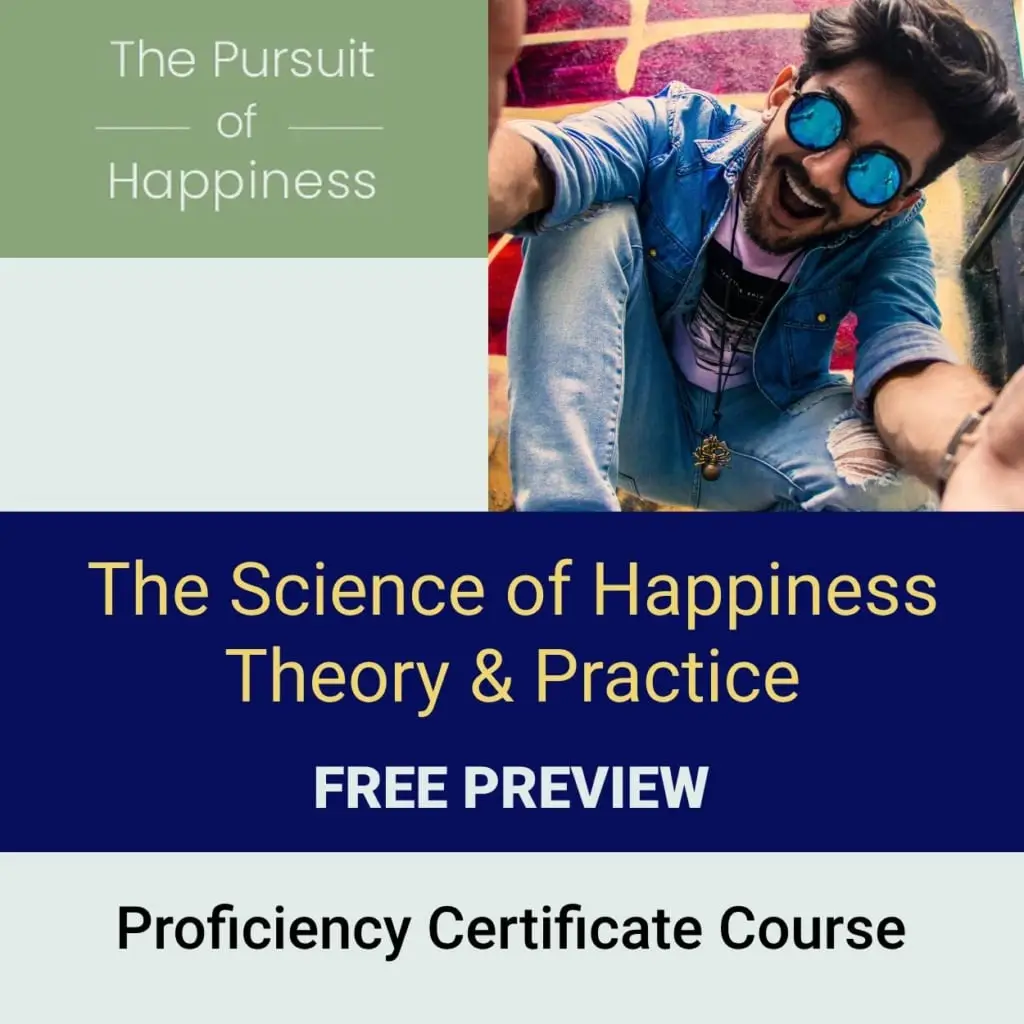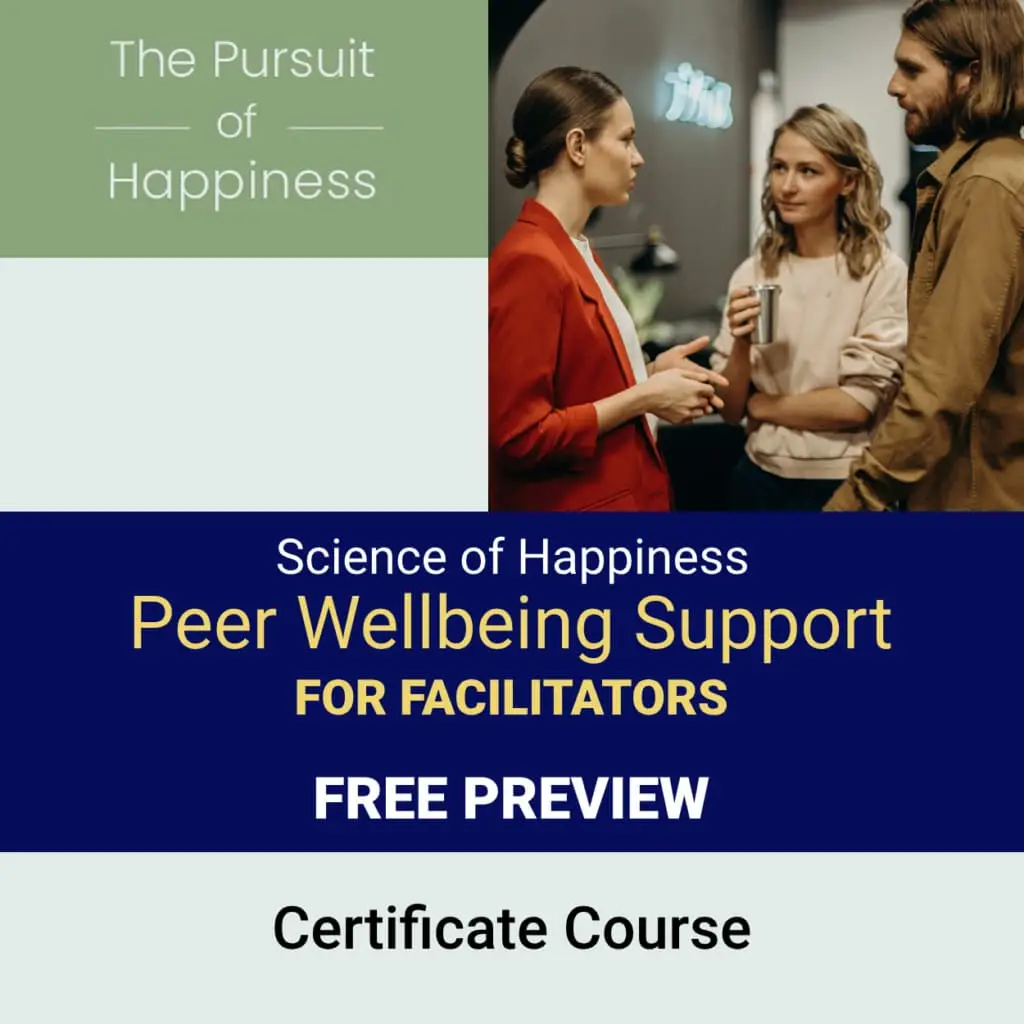
Epicurus – A Little Background
Imagine if you will a lush garden full of fresh fruits and vegetables. Robed figures pass to and fro along the paths, stopping now and then to engage one another in pleasant conversation on science, philosophy, and art. In one corner a minstrel plays harmonious chords on his lyre. In another there is a discussion on freewill: the teacher explains that there is no reason to fear the gods and that human beings have complete freedom to choose their own path in life and to obtain happiness in the here and now. A cool wind blows as one breathes in the Mediterranean ocean-air amidst the beauty of Nature and the fellowship of friends and family. If you have imagined all of this, you have imagined Epicurus’s “Pleasure Garden,” a place where he and his students would congregate in the pursuit of achieving the most pleasant life possible in this world.
Epicurus spent most of his early life on the island of Samos, an Athenian settlement off the Aegean peninsula. He studied in Athens and after digesting the philosophies of Plato, Aristotle, and Democritus, he eventually returned there to start his own school, The Garden, which attracted many adherents. Epicurus is considered a major figure in the history of science as well as philosophy. He argued that we should only proportion belief to empirical evidence and logic, and he propounded the scientific view of atomism, according to which all facts in the macroscopic world are caused by the configuration of atoms or indivisible elements in the microscopic world. In ethics he is famous for propounding the theory of hedonism, which holds that pleasure is the only intrinsic value. As we shall see, however, his view of pleasure is far from the stereotypical one. For Epicurus, the most pleasant life is one where we abstain from unnecessary desires and achieve an inner tranquility (ataraxia) by being content with simple things, and by choosing the pleasure of philosophical conversation with friends over the pursuit of physical pleasures like food, drink, and sex.
True to his philosophy, Epicurus claimed to spend the last few days of life in pleasure, despite all the physical pain he was in. As he writes in his Letter to Idomeneus:
I have written this letter to you on a happy day to me, which is also the last day of my life. For I have been attacked by a painful inability to urinate, and also dysentery, so violent that nothing can be added to the violence of my sufferings. But the cheerfulness of my mind, which comes from the recollection of all my philosophical contemplation, counterbalances all these afflictions. And I beg you to take care of the children of Metrodorus, in a manner worthy of the devotion shown by the young man to me, and to philosophy.
Here we see one of Epicurus’ techniques for obtaining happiness even in the most miserable situation: instead of dwelling on the pain, recollect one of those moments in the past when you were most happy. Through enough training of the mind, you will be able to achieve such vividness of imagination that you can relive these experiences and that happiness. This idea is well illustrated by Victor Frankl, the Viennese psychiatrist who suffered four years in various concentration camps, including Auschwitz. Frankl writes that one of the few things that was able to give him a feeling of happiness was conjuring up an image of his beloved wife, and engaging in imaginary conversation with her. As he writes: “My mind clung to my wife’s image, imagining it with an uncanny acuteness. I heard her answering me, saw her smile, her frank and encouraging look. Real or not, her look was then more luminous than the sun which was beginning to rise.” (Frankl 1984, p. 57).
Epicurus – Happiness is Pleasure
While we have lost most of Epicurus’ treatises on ethics and happiness, his basic ideas are very clearly outlined in his justly famous Letter to Menoeceus. He begins with a claim familiar from Plato and Aristotle: that we all desire happiness as an end in itself, and all other things are desired as a means for producing happiness. But what is happiness? Epicurus gives a straightforward definition, influenced by Aristippus, a disciple of Socrates and founder of the Cyrenaic school of philosophy:
“Pleasure is our first and kindred good. It is the starting point of every choice and of every aversion, and to it we always come back, inasmuch as we make feeling the rule by which to judge of every good thing.”
Epicurus then claims that there are two self-imposed beliefs that do the most to make our lives unhappy or full of pain. They are first, the belief that we will be punished by the gods for our bad actions, and second, that death is something to be feared. Both of these beliefs produce fear and anxiety, and are completely unnecessary since they are based on fictions. While the gods do indeed exist, being perfect and eternal they do not directly concern themselves with human affairs. As such, we have no need to fear any punishment from them, nor do we need to spend time in laborious acts of pious worship. As for death, he points out that once sentient experience comes to an end there will be no sensation of pain. As such, the fear of death is completely groundless. Indeed, he sounds curiously like a Zen master when he writes “Death is meaningless to the living because they are living, and meaningless to the dead… because they are dead.”
Epicurus makes an important distinction between necessary and unnecessary desires. Necessary desires are those which are necessary to produce happiness, such as desiring to get rid of bodily pain, or desiring a state of inner tranquility. He writes that “the end of all our actions is to be free from pain and fear, and once this is obtained the tempest of the soul is quelled.” Only when we are in pain do we feel the need to seek pleasure, a need which inevitably only produces greater pain. In order to get rid of this pain-pleasure-pain cycle, we need to cultivate a mindset in which there is no pain. Thus the aim is not the positive pursuit of pleasure, as it was for Aristippus. The aim is rather the attaining of a neutral state which is best described as “peace of mind” or even “emptiness,” to use a Buddhist expression. The Greek word Epicurus uses for this state is ataraxia, which literally means “freedom from worry.”
Epicurus notes further that we need wisdom to see which pleasures are really pleasurable, and which pains are necessary to produce pleasure. Some pleasures lead to greater pain, like imbibing copious amounts of alcohol, and so the wise person will shun them. On the other hand, certain pains, like sadness, can lead to an appreciation for life or compassion, which are highly pleasurable states. We should not therefore get rid of all negative emotions but only those that lead to unnecessary pains. This, by the way, is also one of the main conclusions that positive psychologist Ed Diener outlines in his latest research on the empirical basis of happiness.
Epicurus – Turning away from the External
Another one of the main conclusions of recent research on happiness concerns the limited role that external conditions play in making one happy. It has been found that income, marriage, good looks, even winning the lottery only have a small impact on one’s lasting happiness. Epicurus anticipates this with his claim that the greatest secret to happiness is to be as independent of external things as possible. Being content with the simple things in life ensures that you will never be disappointed. If you put your stock in unnecessary pleasures like costly luxuries and food, you will be 1) upset when you lose these things, 2) anxious to obtain them, and 3) continually pushed onwards towards greater luxuries and hence greater anxiety and disappointment.
In keeping with this sentiment, Epicurus disparages the “crass hedonism” which emphasizes physical pleasure, and instead claims that the philosophical pursuit of wisdom with close friends is the greatest of pleasures;
“When we say, then, that pleasure is the end and the aim, we do not mean the pleasures of the prodigal or the pleasures of sensuality, as we are understood to do through ignorance, prejudice, or willful misrepresentation. By pleasure we mean the absence of pain in the body and trouble in the soul. It is not an unbroken succession of drinking bouts and of revelry, not sexual lust, not the enjoyment of fish and other delicacies of a luxurious table, that produces a pleasant life. It is rather sober reasoning, searching out the grounds of choice and avoidance, and banishing those beliefs that lead to the tumult of the soul.”
Based on this conception of happiness, it is the philosopher who is the happiest of all people, for he chooses the stable pleasures of knowledge over the temporary and volatile pleasures of the body. Epicurus concludes his letter by saying that if one practices these precepts, he will become a “god among men,” for he will have achieved an immortal state even whilst in a mortal body. As he writes:
“Exercise yourself in these precepts day and night both by yourself and with one who is like minded; then never, either in waking or in one’s dreams will you be disturbed, but will live as a god among men. For man loses all semblance of mortality by living in the midst of immortal blessings.”
Note the emphasis Epicurus places on practicing the precepts “with one who is like minded.” In keeping with Aristotle, Epicurus sees the indispensable value of friendship as a crucial motivator towards one’s own true happiness. The problem is that more often than not, other people are a detriment to our happiness, by creating false competition for unnecessary pleasures. The solution to this is to remove oneself from ordinary society and to create a special commune where you interact only with those fellow like-minded pursuers of wisdom. In creating this vision, Epicurus no doubt influenced many Utopian thinkers from More to Marx who pin their hopes of happiness on a complete change in the social relations that form the fabric of who we are as human beings.
Conclusion
Epicurus makes the following claims about human happiness:
- Happiness is Pleasure; all things are to be done for the sake of the pleasant feelings associated with them
- False beliefs produce unnecessary pain; among them, that the gods will punish us and that death is something to be feared.
- There are necessary and unnecessary desires. Necessary desires, like desiring to be free from bodily pain, help in producing happiness, whereas unnecessary desires, like desiring a bigger car or a more luxurious meal, typically produce unhappiness.
- The aim is not the positive pursuit of pleasure but rather the absence of pain, a neutral state he calls “ataraxia,” which is freedom from all worry, often translated simply as “inner tranquility.”
- This state of ataraxia can be achieved through philosophical contemplation rather than through pursuit of crass physical pleasures.
- Happiness is not a private affair: it can be more readily achieved in a society where like-minded individuals band together to help inspire one another’s pursuit of happiness.
Further Readings
The following 3 thinkers’ thoughts regarding happiness can also help you to increase your well-being:





